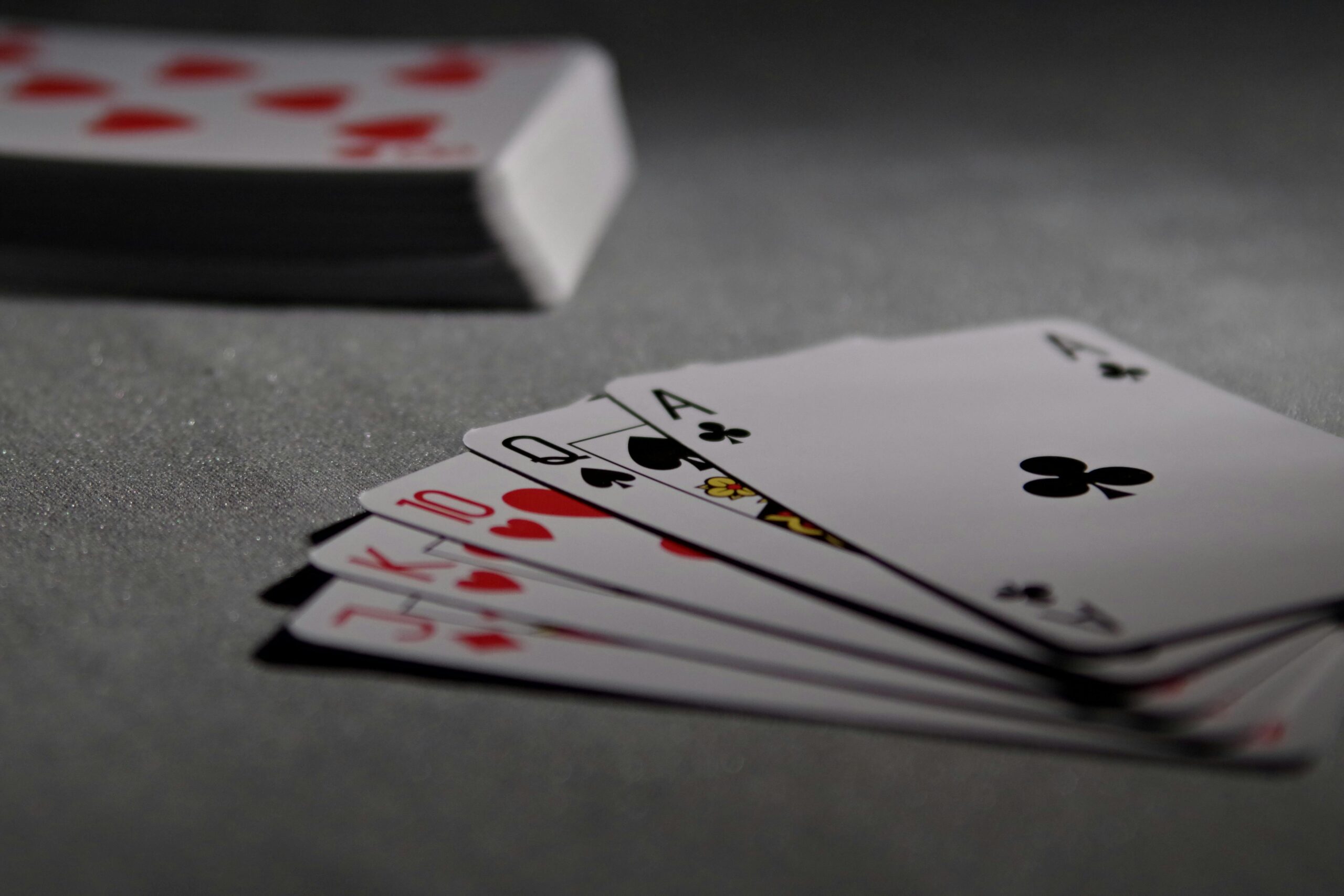Card games are not only a source of entertainment but also a test of strategy, wit, and skill. Whether you’re sitting down to a friendly game of poker, exploring the intricate tactics of bridge, or enjoying a casual game of rummy with friends, understanding the core strategies can significantly enhance your gameplay. This article delves into essential strategies that transcend specific games, providing a foundation for both novice and seasoned players to refine their approach and gain a competitive edge.
1. Know Your Game Inside Out
The first step to developing a winning strategy is to thoroughly understand the rules and objectives of the game you’re playing. Each card game has its unique strategies, but a deep understanding of its mechanics is universal. Study the scoring system, familiarize yourself with the common plays, and understand the importance of each card or hand. Knowledge is power in card games.
1. Poker (Texas Hold’em)
- Simple Strategy: Learn the art of bluffing and know when to fold. Not every hand is worth playing. Position at the table is crucial; being the last to act can give you valuable information.
2. Bridge
- Simple Strategy: Communication with your partner is key. Use the bidding phase to signal your hand strength and potential suit preferences without revealing too much to your opponents.
3. Blackjack
- Simple Strategy: Familiarize yourself with basic blackjack strategy charts that dictate the best action (hit, stand, double down, split) for every card combination versus the dealer’s up-card.
4. Rummy
- Simple Strategy: Pay attention to the cards being drawn and discarded by your opponents to anticipate their moves and adjust your strategy accordingly.
5. Hearts
- Simple Strategy: Avoid winning tricks with heart cards and the Queen of Spades unless you’re attempting to ‘shoot the moon’. Keep track of high-risk cards as the game progresses.
6. Spades
- Simple Strategy: Bid accurately based on the strength of your hand, and remember the spades are trump. Use early tricks to lead out high cards from opponents.
7. Euchre
- Simple Strategy: Remember which cards have been played, especially the trump cards, and try to control the trump suit by keeping high cards in reserve.
8. Solitaire
- Simple Strategy: Expose hidden cards as quickly as possible, and prioritize moves that allow you to turn over the face-down cards.
9. Go Fish
- Simple Strategy: Keep track of the cards asked for by all players. Asking for cards strategically based on this information can give you an advantage.
10. War
- Simple Strategy: Purely a game of chance, but for a little strategy, consider playing variants where you can make choices, like choosing which card to play in a tie.
11. Cribbage
- Simple Strategy: Keep a close eye on your hand’s potential for combinations, and during the play, aim to control the board by anticipating your opponent’s moves.
12. Pinochle
- Simple Strategy: Remember the dual value of cards for melding and trick-taking. Balance the need to score meld points with the necessity of winning tricks.
13. Baccarat
- Simple Strategy: Betting on the banker has a slightly better chance of winning, as the banker’s hand has a lower house edge.
14. Canasta
- Simple Strategy: Focus on collecting and building melds efficiently, but be cautious about making them too early, as this reveals your strategy to opponents.
15. Gin Rummy
- Simple Strategy: Knock early if your hand is strong, reducing the risk of your opponent undercutting you. Watch what your opponent discards to gauge their strategy.
16. Crazy Eights
- Simple Strategy: Hold onto your eights and special action cards as long as possible to give you more control over the play as the game progresses.
17. Old Maid
- Simple Strategy: Keep track of the Old Maid card and try to remember where it is when pairs are being drawn from your hand.
18. Snap
- Simple Strategy: Stay alert and focused. Quick reflexes and a good memory for what cards have been played are key.
19. Durak
- Simple Strategy: Be strategic about the cards you use for attacking and defending. Saving your trump cards for when they are most effective is crucial.
20. Whist
- Simple Strategy: Keep track of which suits have been played and try to remember which players are likely holding the remaining high cards.
2. Observation and Memory
Paying close attention to the game can give you invaluable insights into your opponents’ strategies. Keep track of the cards that have been played and try to remember which cards are likely still in play. Observing the behavior of other players can also clue you into their potential moves, strengths, and weaknesses.
3. Bluffing and Misdirection
In many card games, particularly in poker and similar games, the ability to bluff effectively can be just as important as the strength of your hand. Bluffing can force your opponents into making mistakes or folding their hands prematurely. Similarly, misdirection can be used in games like magic tricks and strategic plays to confuse and mislead opponents about your true intentions.
4. Strategic Flexibility
While it’s important to have a game plan, being too rigid can lead to defeat. Adaptability is key. Be ready to change your strategy based on the flow of the game, the cards you’re dealt, and the actions of your opponents. A flexible player can turn a seemingly weak position into a winning one.
5. Risk Management
Understanding and managing risk is crucial in card games. This means knowing when to take chances and when to play it safe. Assess the odds of success before making a move that could jeopardize your position in the game. Risk management also involves knowing when to fold; sometimes, the best strategy is to cut your losses and prepare for the next hand.
6. Psychological Play
Card games are not played in a vacuum; they involve interacting with other players, each with their own strategies and emotions. Learning to read body language and verbal cues can give you an edge. Additionally, controlling your emotions and projecting confidence can influence the decisions of your opponents.
7. Practice and Experience
Lastly, like mastering any skill, becoming proficient at card games requires practice. The more you play, the better you’ll become at developing strategies, reading opponents, and making quick, effective decisions. Each game is an opportunity to learn and improve.
By integrating these strategies into your gameplay, you can elevate your card game experience from mere participation to competitive play. Remember, the essence of card games lies not only in the luck of the draw but in how skillfully you play the hand you’re dealt.









